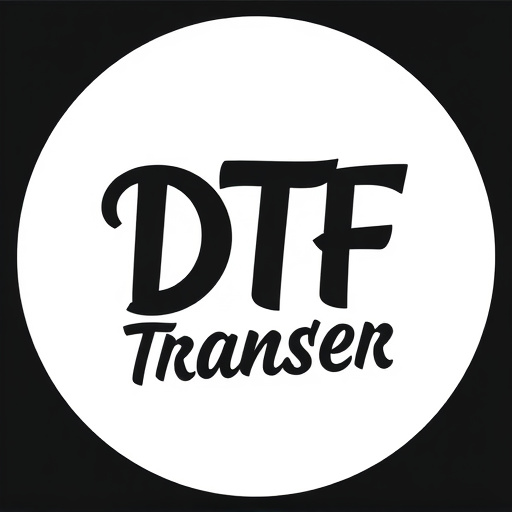Professional intake and installation services for complex projects are influenced by factors like space size, site access, and existing infrastructure, which impact completion time and labor expenses. Skilled professionals navigate initial assessment, utilize advanced tools to gather data, and ensure precise planning for efficient project management and cost estimation. Time allocation is critical in these processes, with meticulous preparation, execution, and cleanup stages requiring careful timing. Understanding these interconnected factors helps set realistic expectations and avoid unexpected surcharges related to time delays or complications.
“Unraveling the intricacies of installation time requirements is crucial for successful project execution and precise cost estimation. This comprehensive guide delves into the factors influencing labor costs during professional intake, offering insights into efficient processes. We explore the breakdown of installation costs, including material, manpower, and temporal considerations. By understanding these elements, you’ll gain a strategic edge in managing time and finances, ensuring your projects stay on track and within budget.”
- Understanding Installation Time Requirements: Factors Affecting Labor Costs
- Professional Intake: Efficient Processes for Time Management and Cost Estimation
- Installation Cost Breakdown: Material, Manpower, and Time Considerations
Understanding Installation Time Requirements: Factors Affecting Labor Costs

Understanding Installation Time Requirements: Factors Affecting Labor Costs
The time it takes to complete a professional intake and installation can vary greatly depending on several factors, directly impacting labor costs. One key consideration is the complexity of the project. Simple, straightforward installations typically take less time and are thus more cost-effective. Conversely, intricate or customized setups demand more skilled labor hours, reflecting in higher expenses. The size and scope of the space being fitted also play a crucial role; larger areas generally necessitate more time for efficient installation.
Additional variables include access to the site, as challenging entry points or narrow passages may slow down the process. Moreover, pre-existing infrastructure and the condition of the location can either facilitate or hinder swift installation. Professional intake and installation costs are thereby influenced by a multifaceted interplay of project specifics, space dimensions, and logistical constraints.
Professional Intake: Efficient Processes for Time Management and Cost Estimation

In the realm of professional intake for installation projects, efficient processes are paramount for successful time management and accurate cost estimation. Skilled professionals streamline the initial assessment phase, ensuring a thorough understanding of project scope and requirements. This meticulous approach minimizes surprises and delays, enabling more precise planning and budgeting. By leveraging advanced tools and methodologies, they swiftly capture essential data, including the complexity of the installation, required labor hours, and material costs.
Efficient professional intake practices translate into optimized project timelines and cost-effective solutions. Well-organized documentation and detailed estimates provide clients with transparency and control over their investment. Moreover, these processes foster open communication, allowing for proactive addressing of potential challenges and adjustments to stay within budget and deadlines.
Installation Cost Breakdown: Material, Manpower, and Time Considerations

The overall installation cost for any project is a multifaceted consideration that breaks down into three key components: materials, manpower, and time. Material costs are influenced by factors such as the type and quality of products chosen, with premium options naturally carrying a higher price tag. The scope of labor required depends on the complexity of the installation, which can vary greatly depending on the project’s unique demands.
Time is another significant factor, often overlooked but crucial to budgeting accurately. A professional intake installation typically involves meticulous preparation, skilled execution, and thorough cleanup. Each stage demands specific time allocations; for instance, measuring and cutting materials precisely, assembling components, and ensuring proper fitting and alignment. Understanding these interconnected elements empowers informed decision-making, enabling project managers and homeowners alike to set realistic expectations and avoid unexpected surcharges associated with time-related delays or complications.
In understanding the intricacies of installation time requirements, it’s clear that both material and manpower play significant roles in labor costs. Professional intake processes, as discussed, streamline time management and accurate cost estimation. By considering these factors, businesses can effectively break down installation costs and ensure efficient project execution. This approach not only benefits clients with transparent pricing but also enhances the overall value of professional services in the field.














